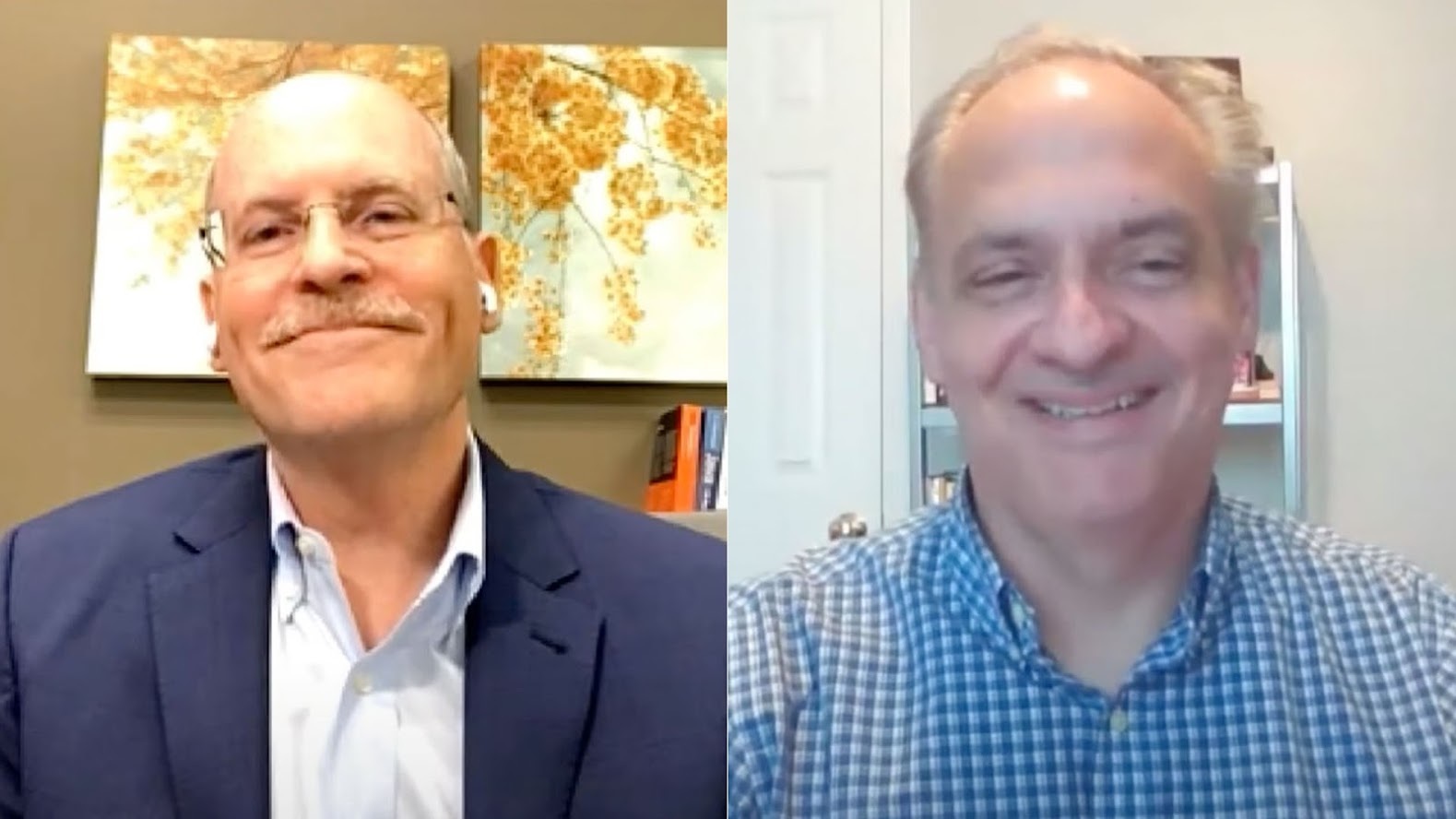 SECURITY
SECURITY
 SECURITY
SECURITY
 SECURITY
SECURITY
The pandemic hit enterprises full force, requiring companies to demonstrate resilience and adaptability. This is especially true for an organization’s computing infrastructure, now forced to prioritize cybersecurity and data recovery. Key institutions have been tested in today’s vulnerable market, from banking to healthcare. Looking to support businesses in absorbing the shock of the current crisis is Dell Technologies Inc., with hopes to mitigate the impact on an organization’s teams, customers and bottom line.
One company leaning on Dell’s cybersecurity investments is Founders Federal Credit Union. Based in the Carolinas, Founders is a financial institution with approximately 225,000 members across 30 different locations. Witnessing the woes of other companies hit by malware attacks, Founders took a preemptive approach.
“Some very large companies — really experienced companies — were susceptible to these malware attacks. said Bob Bender (pictured, left), chief technology officer at Founders. “We just knew ourselves this was going to change us. The horizon was moving fast, and we had to as well.”
Bender spoke with Dave Vellante, host of theCUBE, SiliconANGLE Media’s livestreaming studio, during a CUBE Conversation. They were joined by Jim Shook (pictured, right), director of cybersecurity and compliance practice at Dell Technologies. The trio discussed outdated thinking behind the relationship between enterprise technology and business, a new approach to resiliency infrastructure, and the Dell EMC PowerProtect Cyber Recovery solution. (*Disclosure below.)
Outdated thinking suggests business and technology are two separate entities: The technology exists to allow the business to operate, and the business dictates what is needed from technology. Today, however, all business is technological, and every technological decision is a business decision. This disconnect is making it difficult for some companies to demonstrate adaptability during these times, according to Shook.
“[Understanding] the risks of the business and then the technology, which really is the business now, but making those pieces fit together and understanding where you need to improve to secure against these risks is a difficult process,” he stated.
Bender and Shook, however, are not only calling for a mindset shift, they encourage companies to evolve their resiliency infrastructure. Companies struggled to decide how to navigate patch management, notification and rehydration of data. Bender’s organization intended to respond comprehensively by first ensuring a full understanding of the data.
“It was important that if we were going to put it into the vault, it had a purpose. And if we weren’t going to put it in a vault, let’s see why would we choose to do that.” Bender said.
Bender went to Dell EMC with unique challenges and parameters for Founders Federal Credit Union, saying, “I have six months, and here’s my spend.”
The company objective was to create an environment that was holistic, allowing it to access all data in a new, safe environment.
“I didn’t need another backup solution. I needed a cyber recovery environment, a lifestyle change,” Bender said.
Prepared to make a rapid, deep mindset and operational shift, Bender optimized the Dell EMC PowerProtect Cyber Recovery solution.
What helped make Dell an attractive solution for Bender’s team was the early investment by the infrastructure provider. Dell increased its investments in cybersecurity and compliance practices about five years ago. The field began gaining momentum as the threat landscape spread, facing more intelligent ransomware attacks. Such foresight made Dell especially prepared once COVID-19 began to take its toll, demanding more of internet-based services than ever before.
“We had our perimeters at 1% of our workforce remote, and all of the sudden COVID-19 takes on a different challenge. We thought we were doing really good, and next, we had to move 50% of our employees out in five days,” Bender stated. “Because of that Dell-EMC holistic approach we were protected every step of the way. We didn’t lose any time saying, ‘We brought the wrong control, the wrong hardware, the wrong software.’ It was a very comfortable approach.”
Watch the complete video interview below, and be sure to check out more of SiliconANGLE’s and theCUBE’s CUBE Conversations. (* Disclosure: Dell Technologies Inc. sponsored this CUBE conversation. Neither Dell EMC nor other sponsors have editorial control over content on theCUBE or SiliconANGLE.)
THANK YOU